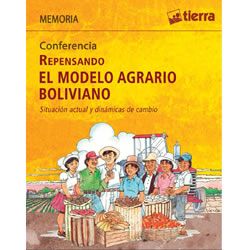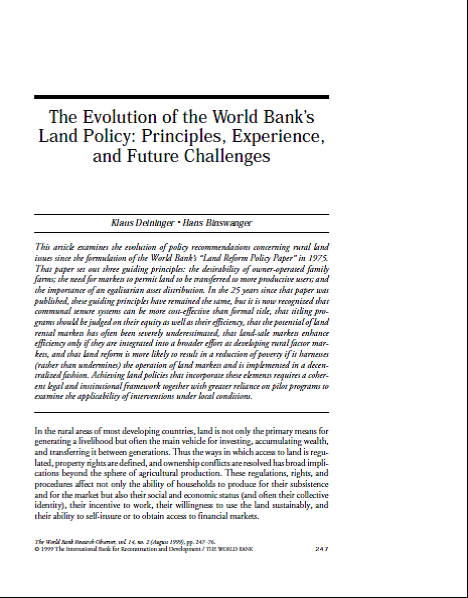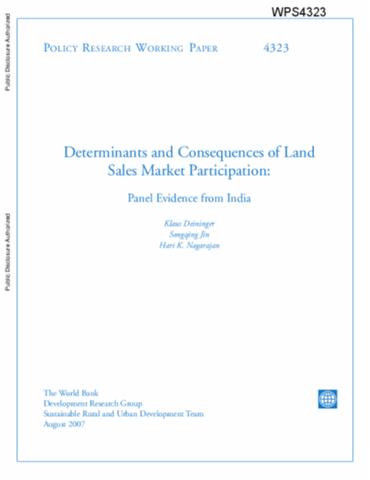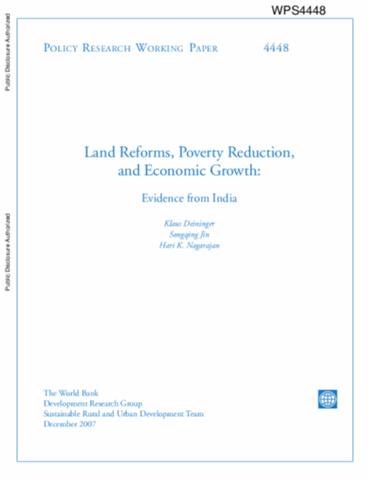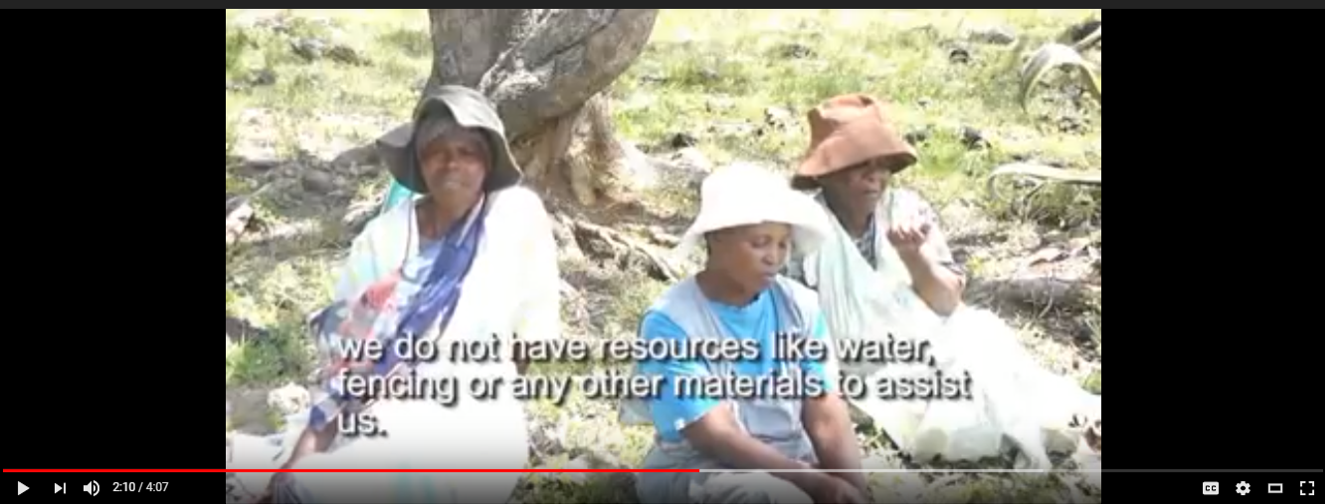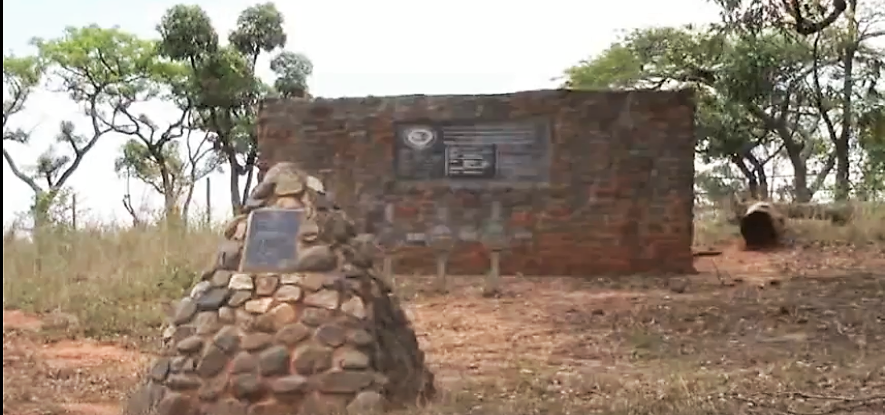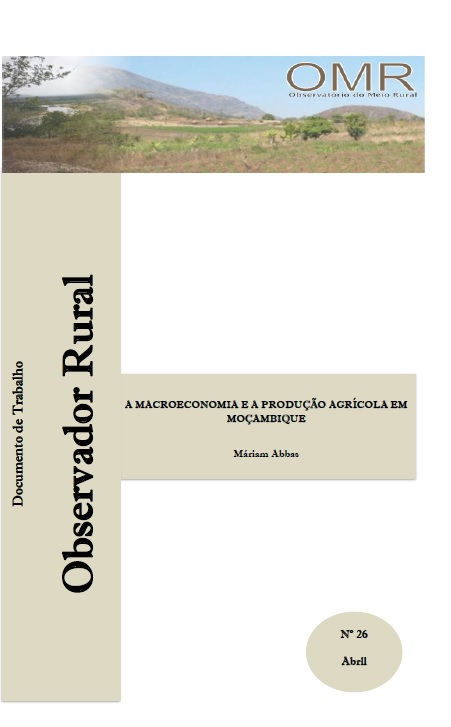Memoria: Conferencia. Repensando el modelo agrario boliviano
En menos de dos décadas, en Bolivia estamos viendo cómo, por un lado, se consolida un modelo agrario dominante de agricultura empresarial a gran escala y, por otro, la agricultura a pequeña escala de campesinos e indígenas, que todavía muchos creemos que es la que provee la mayor parte de los alimentoso que consumimos.

